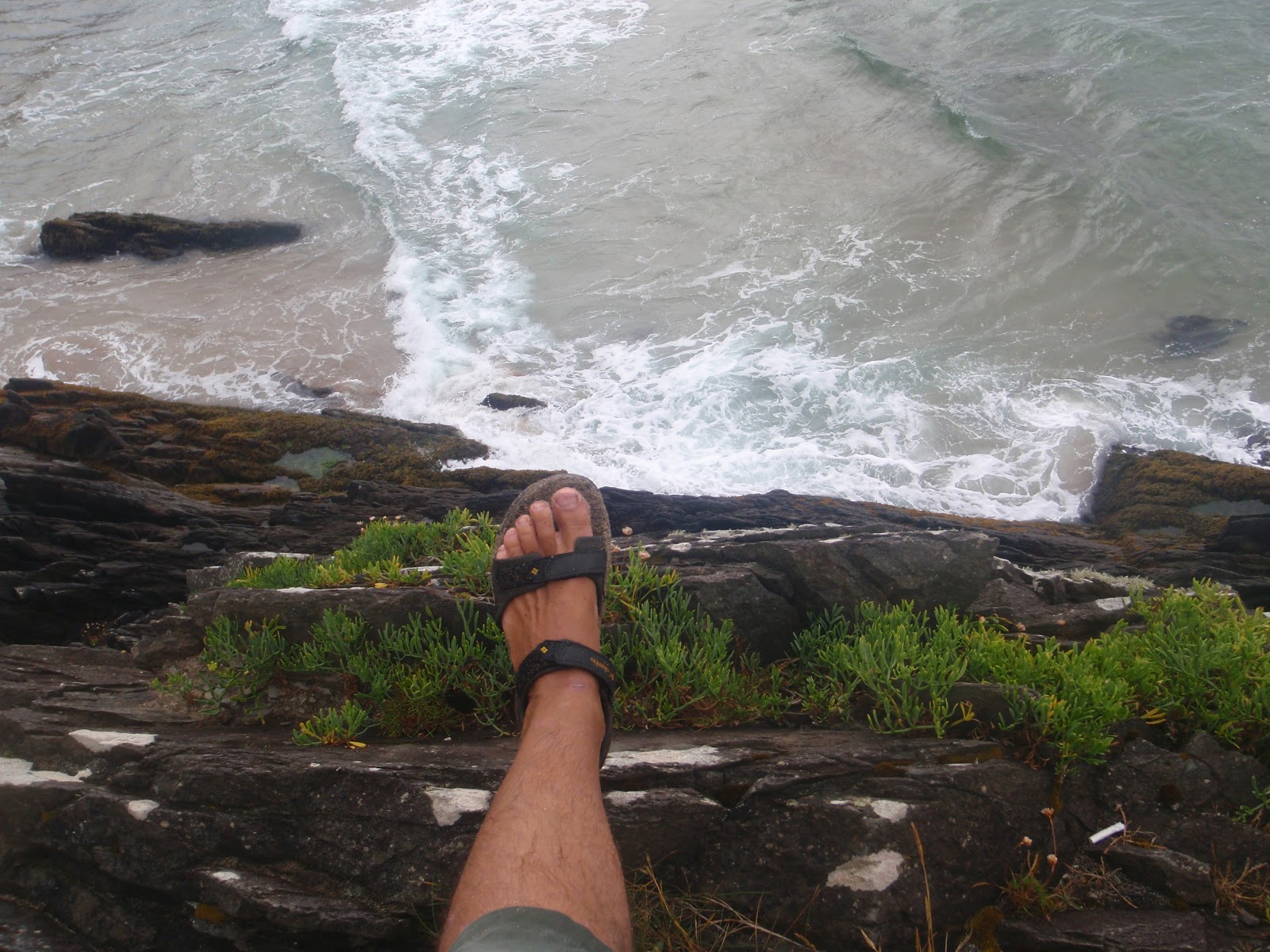I raked up a small mess of clams yesterday.
under a chilly, windy late November sky.
The shadows are long, now, even at noon. We know why, of course, and pretend otherwise, living under electric lights, listening to electric voices, staring at electric screens.
 The wind is blowing over 20 knots from the northwest, in November, and the tidal flats call like Sirens. No one out there but me and my Auntie Beth, a gull, a few scoters, and the clams.
The wind is blowing over 20 knots from the northwest, in November, and the tidal flats call like Sirens. No one out there but me and my Auntie Beth, a gull, a few scoters, and the clams.I teach in an urban district, where the few guns around are snubby, designed to be used at close range on humans. I spend most of my free moments in Cape May, where guns are more prevalent, longer, usually used on game other than H. sapiens.
I hunt with a rake, not quite bloodless, and unlikely to raise my testosterone cred, but it does connect me with this life business more than the folks who never kill their prey.
I'd rather be a wolf than a vulture, Whole Foods be damned. We have a lot to learn from the hunters.
***
Even vegetarians kill. Plants are every bit as alive as you and me. We place high regard on sentience, and no one has yet shown that plants care about anything, but every living animal must take lives in order to stay living. Few plants kill animals, and I've little appetite for the few that do.
Tonight we munched on quahogs and Brussels sprouts. The clams are dead, the Brussels still alive, so I suppose a vegetarian could claim moral superiority.
Even so, the clams tasted pretty good.
***
I put three back, the largest I caught. Each was a couple of decades old, each had done nothing to earn the wrath of my rake.
They are sitting within a few inches of each other, their collective age older than mine, and I hope they spawn.
Their fellow quahogs are in my belly now.
And so it goes.....
Photo taken along Richadson Sound by us.



















